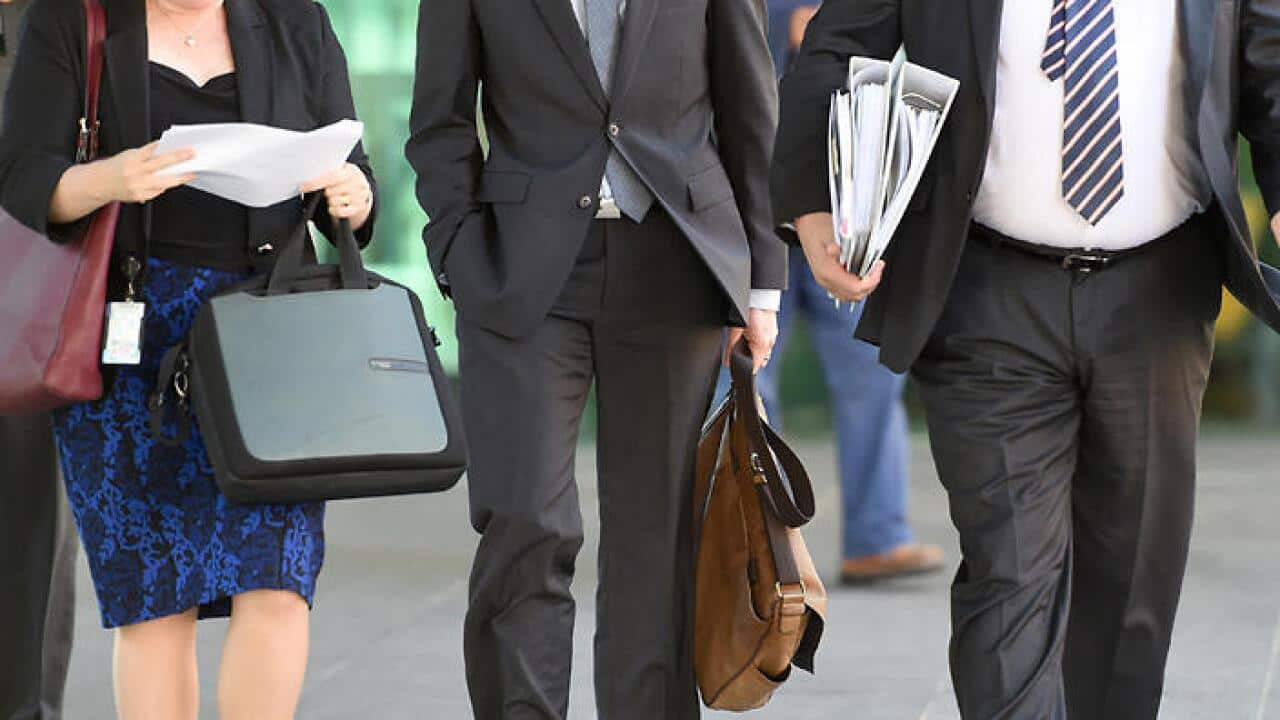An English test for Australian citizenship is needed because the economy has skewed towards service-based, communication-focused occupations, according to the government’s spokesman for multicultural affairs.
Assisting Minister for Multicultural Affairs, Senator Zed Seselja - the son of Croatian migrants - said his government was always looking for ways to improve Australia’s successful policies of multiculturalism, and English is more important now than it was when his parents arrived.
"When some of my relatives arrived here in the 1950s and 1960s, we had the great wave of southern European migration and migration from other parts of the world, it was a very different environment when it came to, for instance, the workforce,” he said.
"There were more jobs that one could take on with limited English than is the case now.
“It is much harder if you came to Australia now, and if you don’t have functional English and that continues, it will be much harder for you to get good jobs, the kind of jobs we all want to strive for and see in our community, than may have been the case 40 or 50 years ago.”
Research from a Parliamentary Committee found the services sector (largely industries other than agriculture, forestry and fishing, mining or manufacturing) employed approximately half of Australia's workers in the 1950s. By the 21st century, it employed around three-quarters and continues to grow.
Senator Seselja made the comments in Senate Estimates, where the new English test in the citizenship process was being investigated.
Changes to the citizenship test are expected to reduce the number of applications by 20,000 per year, and .
Labor Senator Murray Watt asked why the separate English testing component has been introduced, given Australia's successful multicultural record had been developed without it.
“Australia has been largely successful in the integration of people from all over the world,” he said. "That is while requiring a level of English that is lower than what is now being proposed. "
Senator Seselja argued that "to communicate with your fellow citizens in a common language is a unifying thing”.
"To the extent that we can encourage it, we will,” he said.
Senate Estimates also heard confirmation that some of the people who arrived in Australia by boat around 2013 have only been allowed to apply for asylum from December.
This group has been and even deportation if they did not make their refugee applications by October 1.
Senator Michaelia Cash stood by this deadline “because in particular these people did not arrive yesterday” and argued they have had an opportunity to start compiling the information required for the application.
“I’d also make the observation that tens of thousands of people have already been able to fill out these forms,” she said.
Greens Senator Nick McKim argued that this time frame was unreasonable because many of them did not speak English, some have post-traumatic stress disorder, and pro bono legal services had not been available.
Form a group of approximately 30,000 arrivals, around 7000, including almost 300 Iranians and 1200 people deemed “stateless”, are yet to make asylum claims.












